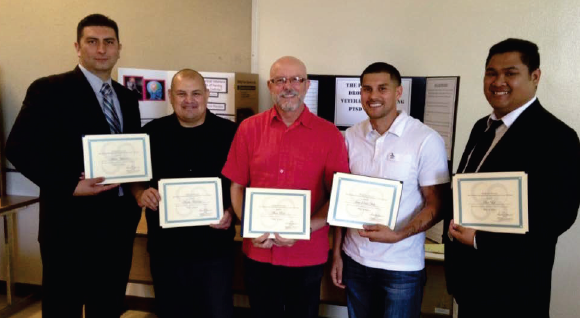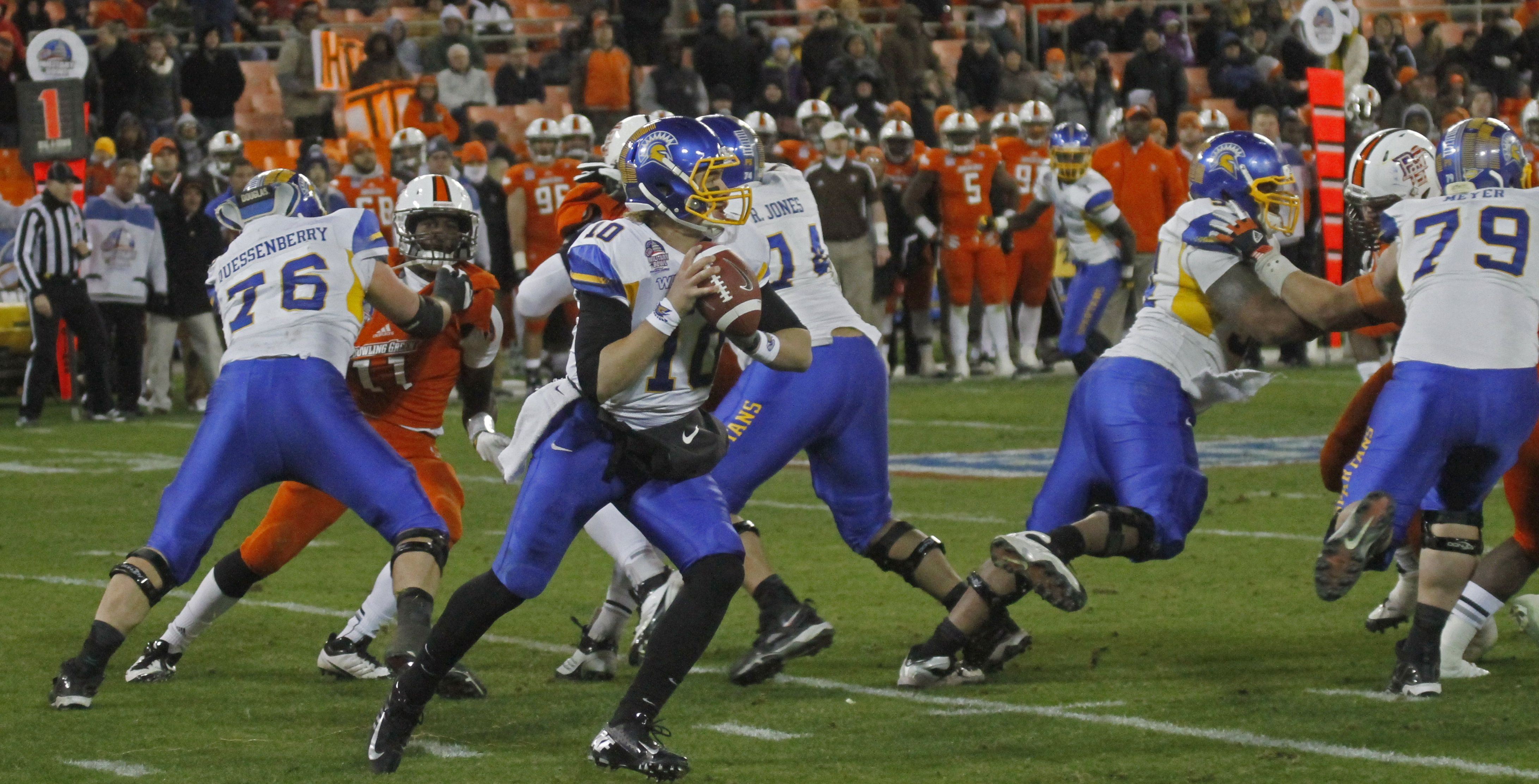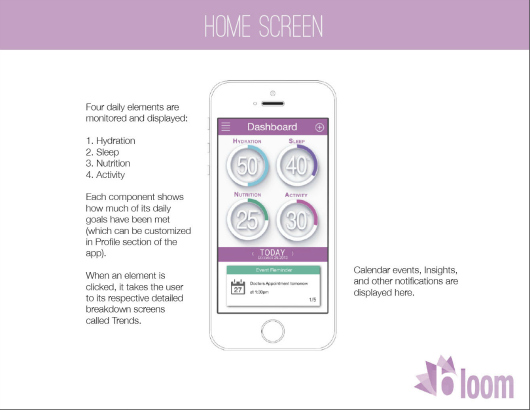Through generous gifts, endowments and grants, the Department of Psychology is proud to award 10 Scholarships (read below) to our students each year. These awards recognize our students’ academic excellence, research creativity, service, and educational resilience.
We are dedicated to growing these financial awards in both size and number. Your support toward that goal is greatly appreciated by our faculty, staff, and, especially, our remarkable students. Please feel free to contact me if you would like to learn more about our giving opportunities or if you would like to discuss establishing a new scholarship fund.
Sincerely,
Dr. Ron Rogers
Chair of Psychology
How can you contribute to our students’ success?
- Navigate to the “Give to SJSU” page
- Enter your donation amount
- Skip the “areas of giving” section
- Type one of the fund names below in “Other Purpose”
- Complete the remainder of the form
- Click the “Make a Gift” button!
Current Gift Opportunities
Research and Scholarship
- James and Becky McGaugh Research Award. An annual award to a student whose research involves advancing society’s understanding of learning, memory, and/or biopsychology.
- Robert and Marlee Hicks Scholarship. An annual award to a student whose research involves advancing society’s understanding of motivation.
- Outstanding Undergraduate Research in Psychology. Annual scholarship award to one or more Psychology Students in recognition of his/her exceptional research.
- Outstanding Graduate Research in Psychology. Annual scholarship award to one or more graduate Psychology Students in recognition of his/her exceptional graduate student thesis/research.
Academic Excellence and Career Advancement
- Frank D. Payne Memorial Scholarship. Two $500 annual scholarships to academically exceptional students with plans to pursue careers in psychological research.
- Ronald G. Rabedeau Memorial Scholarship. This annual $1,000 award is to encourage and support students studying in the areas of Neuroscience, Psychobiology, Experimental Psychology, Statistics, Learning, Motivation, or combinations thereof.
- Charles W. Telford Memorial Scholarship. In memory of the first Chairman of our Department. An annual $250 scholarship to academically exceptional students in Psychology.
Educational Resilience
- John and Vivian MaCrae Scholarship for Exceptional Educational Resilience. An annual scholarship recognizing educational success in spite of great personal challenges.
- Exceptional Educational Resilience in Psychology. Annual scholarship award for one or more Psychology Students who have demonstrated exceptional educational resilience.
Service to Department, University, and/or Community
- Exceptional Service in Psychology. An annual scholarship award to one or more Psychology Students who have demonstrated exceptional service to the University or the community.
Other Opportunities
- Psychology Discretionary Fund. This general giving fund provides us the financial resources required to respond to needs in a time of diminishing State support.




